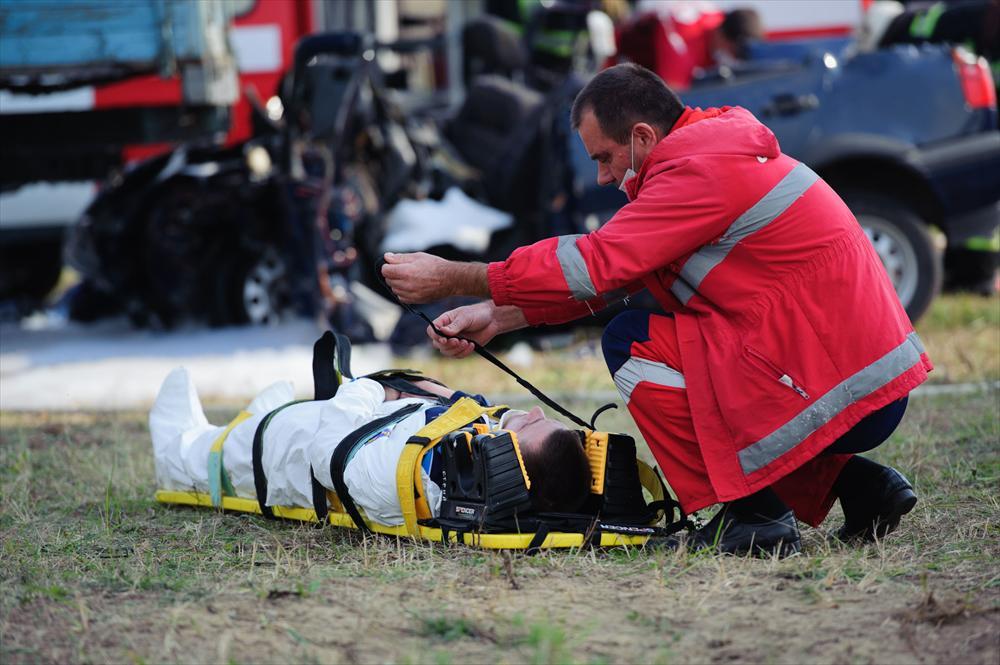Civil preparedness underpins a society’s resilience

- A society’s capacity to act in a crisis situation rests on civil preparedness
- Hybrid threats stress the importance of civil preparedness
- International cooperation strengthens Finland’s comprehensive security
Civil preparedness refers to the ability to sustain the functions vital to society, ensure basic supply for the population and the State's capacity to act in a crisis situation, and also to support the Defence Forces in their war-time duties. Resilience, or the society’s overall capacity to withstand crises, reflects the nation’s ability to resist asymmetric pressure and different forms of hybrid warfare, as well as the more traditional military threats. The concept of resilience covers security of supply, safeguarding the functions vital to society, civil defence, rescue services and strategic communication.
Finland enhances its national resilience comprehensively. It makes provisions and prepares for situations that may threaten security and wellbeing or have an adverse effect on them, in order to anticipate or prevent damage. Cooperation in civil preparedness with NATO enables Finland to review the effectiveness of its own systems in the light of new security threats, as part of the European and Euro-Atlantic security system.
NATO’s Civil Emergency Planning capacity dates back to the Cold War era. Information exchange and minimum standards are designed to support member countries’ plans for sustaining their vital functions in crisis situations, including maritime, land and air transportation, the security of industrial supply, communication services, medical and food supply, and rescue services.

